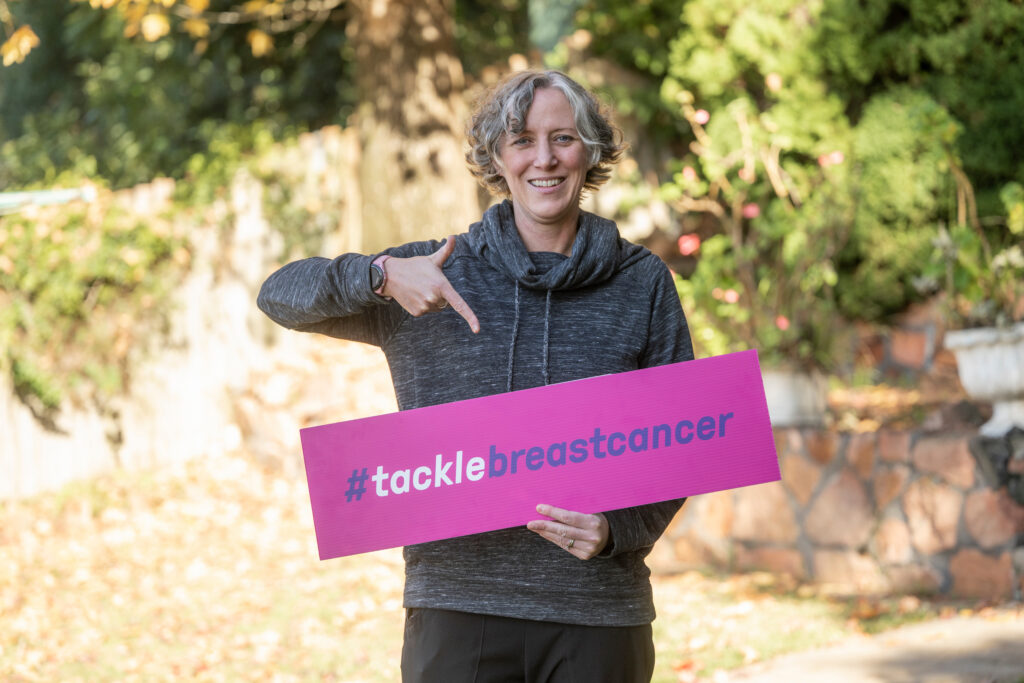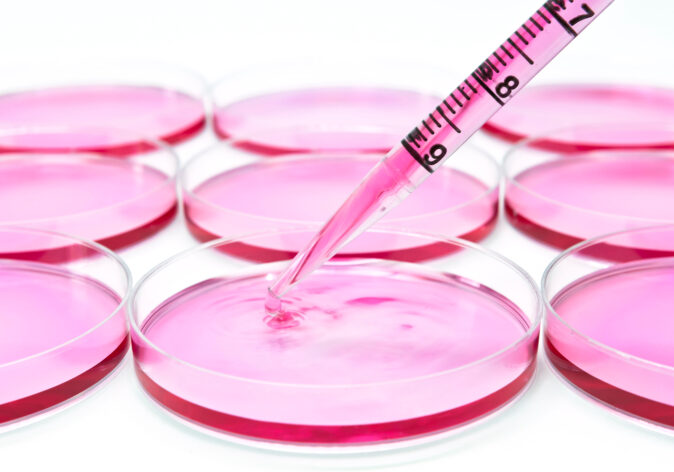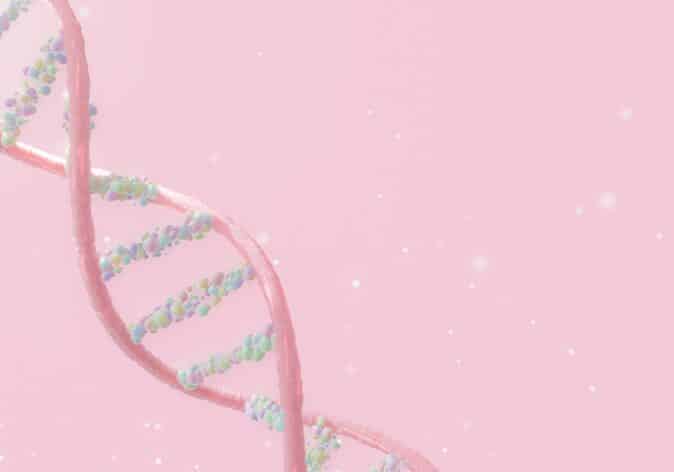2025 marks the inaugural year of the NRLW Magic Round, which is being played in our backyard here in Newcastle, and we are proud to be part of it! Breast Cancer Trials (BCT) is proud to be the match day charity partner for day one of the NRLW Magic Round on 2 August, and we’re shining a spotlight on the power of teamwork in breast cancer research.
Play your part and help #tacklebreastcancer, click here to find out more.
What happens when your life plans are suddenly redrawn by a breast cancer diagnosis? Emily, her husband and their two children had moved from the UK to Australia in 2012 and were busy building a future for their family when Emily found herself on a very different path.
In this episode we spoke with Emily about navigating breast cancer with a young family, the role routine and swimming played in helping her cope, and why she believes breast cancer clinical trials research is so vital.
“I was just doing a self-exam in bed one night and I found a lump and I wasn’t too sure what it was as I do have naturally lumpy, quite cystic type breasts anyway. But I did go and see my GP. She didn’t think there was anything to worry about at the time, but she did send me for a mammogram and an ultrasound, and it was picked up on the ultrasound and I knew pretty quickly that it was malignant. It was kind of a whirlwind from there really. That was in February 2022.”
“I was in complete shock, and disbelief. The doctor was convinced there was nothing to worry about. I was super fit and healthy and had an active lifestyle. You just don’t think it’s going to happen to you.”
Listen to the Podcast
We spoke with Emily about navigating breast cancer with a young family, the role routine and swimming played in helping her cope, and why she believes breast cancer clinical trials research is so vital.
Before your diagnosis, did you know much about breast cancer or did you have any family history of cancer?
“Not really, I didn’t know that much about it. I wasn’t aware of any family history at the time. It was only after my diagnosis, when I investigated a bit further into my family history that I did find out there was quite an extensive family history of breast cancer and that was on both sides of the family.”
“But I only found out about that after we started asking around, because my family weren’t particularly forthcoming with that type of medical history in the first place.”
“So, my husband, was great. When I initially got diagnosed, I went by myself. I didn’t take anybody with me because I wanted to be able to process it myself before I told the rest of the family. It’s only me and my husband out here in Australia. Everybody else is in the UK. So, I only told my husband and then, with the kids we told them that mummy was sick.”
“We didn’t use the term ‘cancer’, because we didn’t want to terrify them. But everything just carried on as normal. We got the kids to shave my head, which they thought was good fun. And they enjoyed giving mummy a bald cut. But we just tried to keep everything as normal as possible. They knew that mommy was a bit sick and she was having medicine to make her better and life carried on as normal.”
“You just realise how short and precious life really is. Nobody is indestructible. Cancer can hit anybody at any age. It doesn’t discriminate. You think you’re fit and healthy and you’re doing everything right and you still get breast cancer. So, it’s just made me realise life is worth living and you have to live every day like it’s your last because you just do not know what’s around the corner.”
What kind of treatment did you have?
“Initially I had a lumpectomy in March 2022. And then I had the 12 weeks of Paclitaxel chemotherapy, and that was in combination with immunotherapy. So, I had Herceptin every three weeks for a year, and then I also had radiation. I had three weeks of daily radiation after the chemotherapy had finished. So, all in all, my active treatment was just over a year.”
What are some of the biggest challenges you think that breast cancer research needs to address?
“Just being able to find a cure for this horrible disease. The thought of my daughter having to go through this or anybody else I know, I wouldn’t wish this on anybody. And I think, with the medical advances that we’re making, I hope that cancer one day won’t be a term that we need to have in our vocabulary. Hopefully we can find a way for it to disappear completely.”
What would you say to someone who was thinking about participating in a clinical trial?
“If you can get onto a clinical trial, it’s well worth doing because you just advance the treatment for yourself and for the rest of the population as well. Without clinical trials, you don’t find these new medications that work, and we don’t improve treatments.”
“I think clinical trials are vital to bringing advances in treatment and medicines all across the board. Breast Cancer Trials coordinated the HERA trial, which brought about the Herceptin, which has saved countless women with HER2-positive breast cancer.”
How did you find the Big Bold Swim Fundraiser coordinated by Breast Cancer Trials?
“It was good fun; I really enjoyed it. The online community, specifically the Facebook community, was really good fun and just really championed everybody. I saw so many people that said they hadn’t swum before and they were back in the pool to support Breast Cancer Trials, and people that were still undergoing treatment got back in the pool to support this campaign.”
“I thought that was great. Really positive to see. It was a good month of swimming, and it just raises awareness for Breast Cancer Trials. It gets people active as well, and I think that’s really important when you’re going through treatment. Keeping active and keeping a positive mindset.”
What would be your dream outcome for the next generation of breast cancer patients?
“My dream outcome would be that breast cancer doesn’t exist anymore. I know we’re ways off that yet, but with the advances we’ve got and the research that Breast Cancer Trials are doing, we’re one step closer. I just want to be able to see my kids grow up and just be here. That’s it really in a nutshell. I just want to see my kids succeed.”



